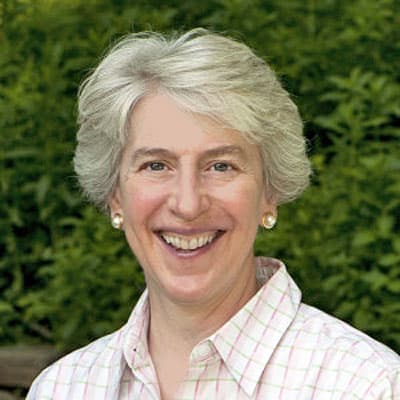
By Sen Alison Clarkson
The Vermont Legislature has begun its 2020 session at a break neck pace. Within the first four days we’re back at work in our committees, we’ve had our first major demonstration, we’ve listened to the governor’s State of the State speech, we’ve had several of our State House colleagues announce their intentions to run for different offices and we’ve welcomed two new Legislators.
It is wonderful to get back to work at the State House. The energy around the building is positive and productive, and it seems we are all ready to dig into the hard work of addressing the needs of Vermont and Vermonters.
One of the pleasures of being a Legislator in Vermont is serving in a functional legislature, where we can work together. Over 90% of our votes are by consensus and people respect the work of the Committee of Jurisdiction. We may disagree on how to solve some of the thorny challenges we face, but every one of your Legislators is there because they care deeply about Vermont and are committed to improving life in our state.
During the off session (June – December), in addition to helping move my 94-year-old mother to Vermont, I was engaged in two major areas of our legislative work: workforce development and housing. As vice-chair of Senate Economic Development, Housing and General Affairs (SED), I have been very involved in workforce development and housing issues. As a result, I was invited to go to two conferences — one to Utah to work on reciprocal licensing (individual state licensing requirements are often a barrier to easily moving into a state) and one to Germany to learn about their famous apprenticeship system. The costs of my attending both conferences were almost completely covered by the non-partisan Council of State Governments.
From these stimulating meetings I come into this session with hopes to expand our formal apprenticeship programs; engage more career and technical education students in dual enrollment; create incentives to reduce student debt; reduce barriers to licensing for our veterans, alumni of Corrections and new Americans; and work with other states to expand uniform licensing.
In addition, our SED committee undertook a housing tour of Vermont. Our objective was to more fully understand the housing needs across the state.
We held public meetings with key housing stakeholders in Bellows Falls, Rutland, South Burlington, St. Albans and White River Junction. Housing is a critical piece of economic development — as without housing we cannot attract new employees. And, without affordable housing, employees use up valuable time commuting ever longer distances at a cost to the environment and to themselves. In every corner of Vermont it is clear that we need a lot more housing that people can afford at a variety of incomes. We also need housing for people to down-size into, and we need to renovate and weatherize our older housing stock. In addition, there is a need for more service-supported housing for people with special needs (from the disabled to those recovering from addictions).
Because the cost of building is so high, financing housing has become incredibly complex, requiring many partners to leverage significant investment. The state can help in meaningful ways. Three years ago we authorized a housing revenue bond. The Vermont Housing Finance Agency issued the bonds and raised $37 million in proceeds, which have been used to create almost 1,000 new homes. In 2020 we hope to continue our work creatively incentivizing the building of more housing.
Sen. Alison Clarkson can be reached by email: [email protected] or by phone at the Statehouse (Tues-Fri) 828-2228 or at home (Sat-Mon) 457-4627. For more information on the Legislature and specific bills visit legislature.vermont.gov.



